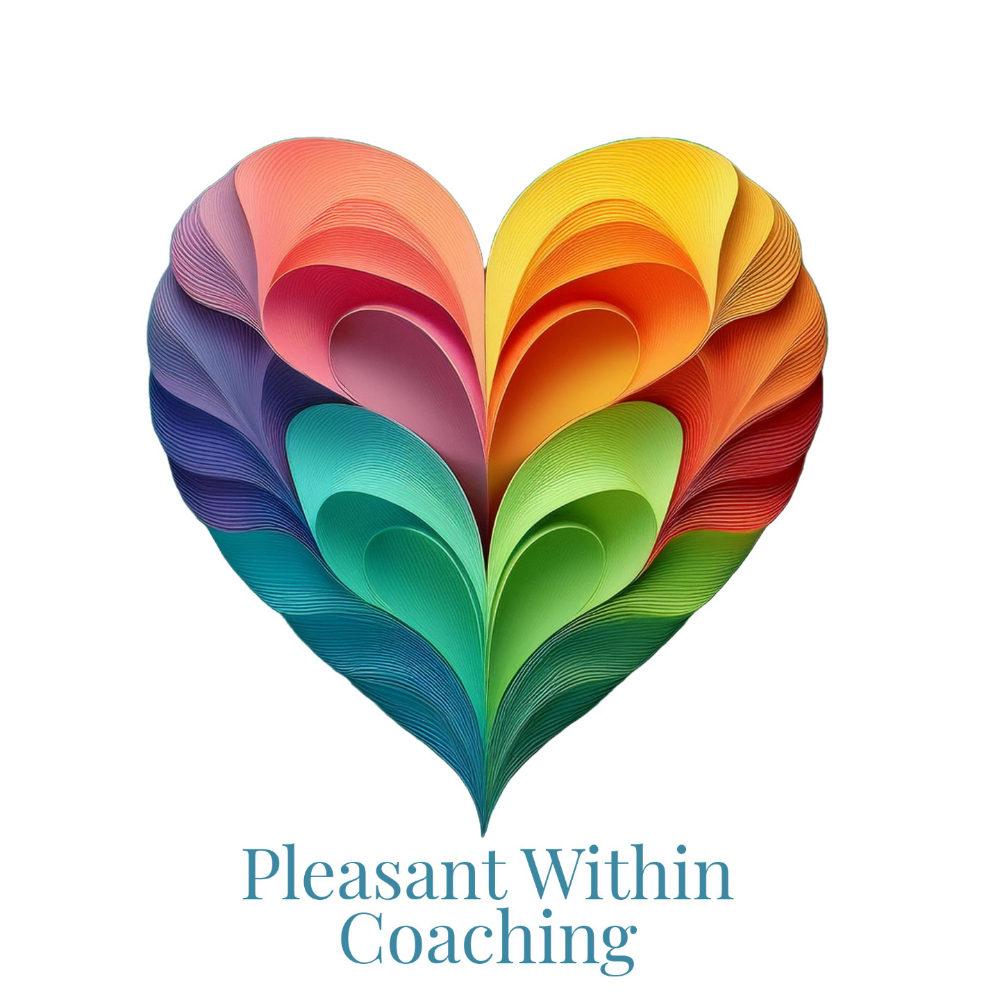What is Coaching and Mentoring?
Coaching is a collaborative partnership designed to facilitate change to help you reach your personal and/or professional goals. It focuses on identifying your strengths, developing strategies, and building self-awareness. There are many techniques which can be used and different coaches prefer some over others or create their own unique approach.
Mentoring is providing advice, sharing knowledge and insights, and offering encouragement from the mentor’s lived experience of failures and successes.
At Pleasant Within we use both coaching and mentoring approaches in my sessions. Many coaches like the client to come up with their own approach and answers to achieving success, which is absolutely right and one of many approaches. However, when you are in the early stages of navigating and understanding your diagnosis, gaining experienced knowledge from someone who has tried and failed a lot before finding routes to success helps cut some corners and accelerate progress. Mentoring and sharing knowledge reminds you, you are not alone on this journey. We believe our lived experience helps build a connected and empathetic relationship. Your journey is yours, you have complete autonomy of what actions you want to take.
Coaching vs Therapy
Coaching: Focuses on personal and professional growth, identifying intentions or goals and setting up a way of moving forward with them, and maximizing potential. It is now and future-oriented and action-driven. It is good for individuals who are already functioning well but want to improve in specific areas like mindset, career, business, or relationships.
Therapy: Addresses emotional, psychological, or mental health challenges. It often involves healing past wounds, processing emotions, and working through trauma or dysfunction. It is useful for individuals dealing with anxiety, depression, trauma, grief, or other mental health challenges that require professional support with formal training in mental health diagnosis and treatment. Qualified therapists use clinical techniques such as cognitive-behavioral therapy (CBT), psychoanalysis, and trauma processing. Pleasant Within Coaching does not provide therapy.
Some people benefit from both coaching and therapy at different times in their lives. Both approaches can be very powerful for people with ADHD, Autism or AudHD as often it is the first time they can truly focus on their specific challenges on a one to one basis. This may feel a bit awkward or even self indulgent to begin with. We can often suffer shame with regards our situation, avoid facing up to the challenges and try hard to hide our differences, talking about it is a positive step even if feels a bit uncomfortable. Therapists and coaches who understand and experience neurodiverse challenges themselves will treat you with respect, empathy and above all no judgement.

